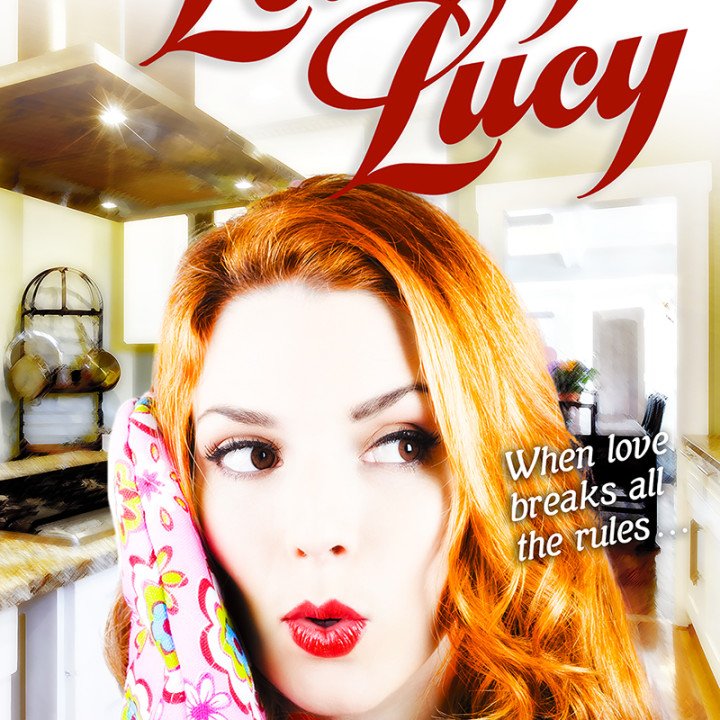7 Tips for Paragraph Revision: Getting the Details Right by Kay Keppler
Let’s say that you’ve written the first draft of your novel, and maybe you’ve even checked to see that all your turning points, your scenes and sequels, are where they’re supposed to be.














Recent Comments